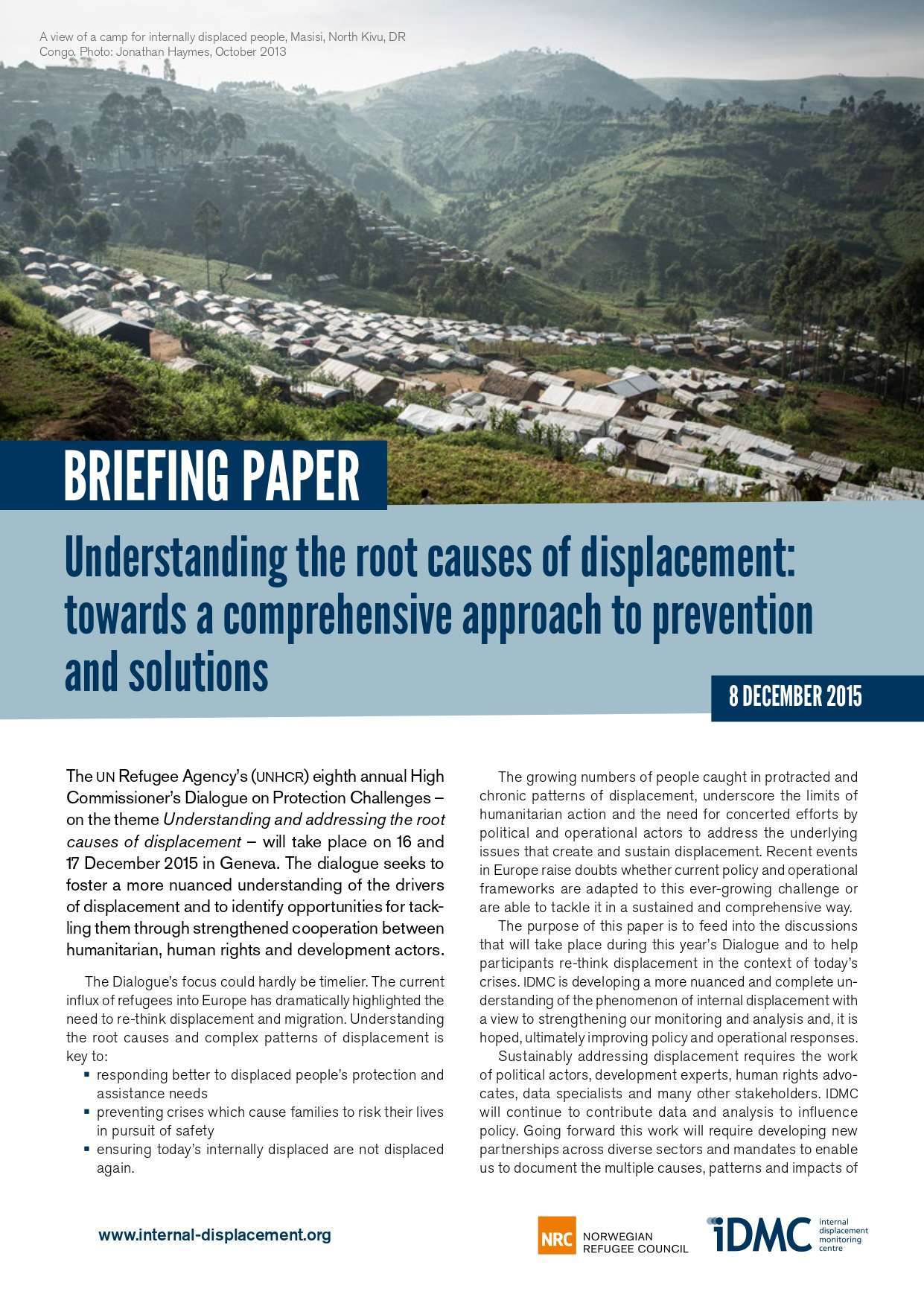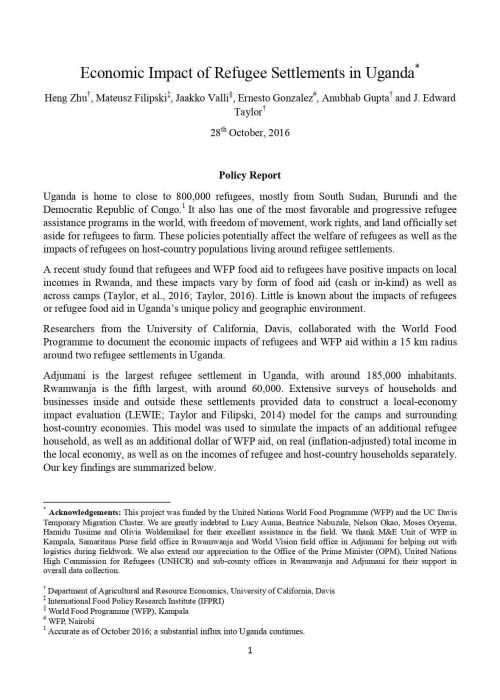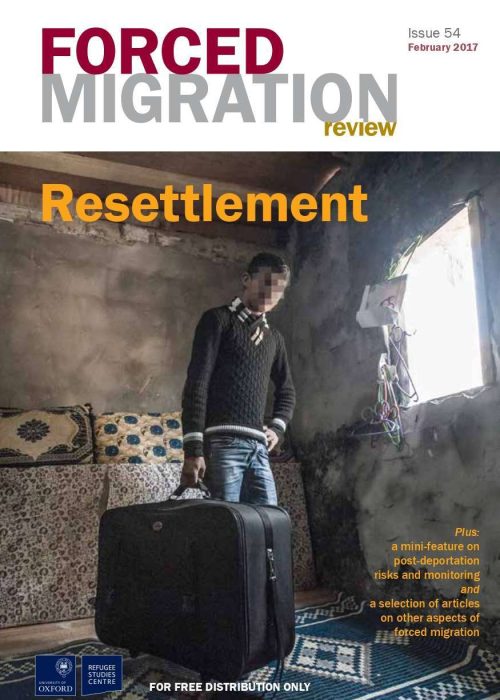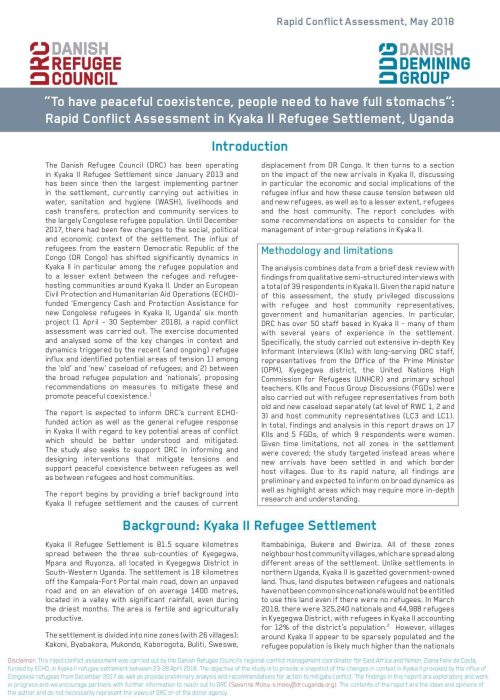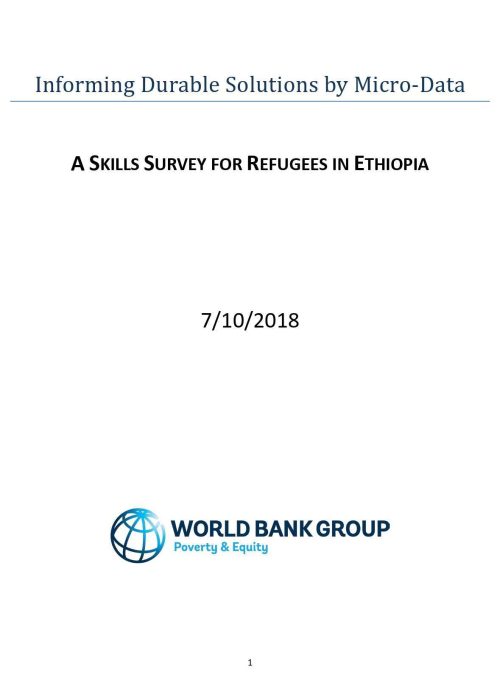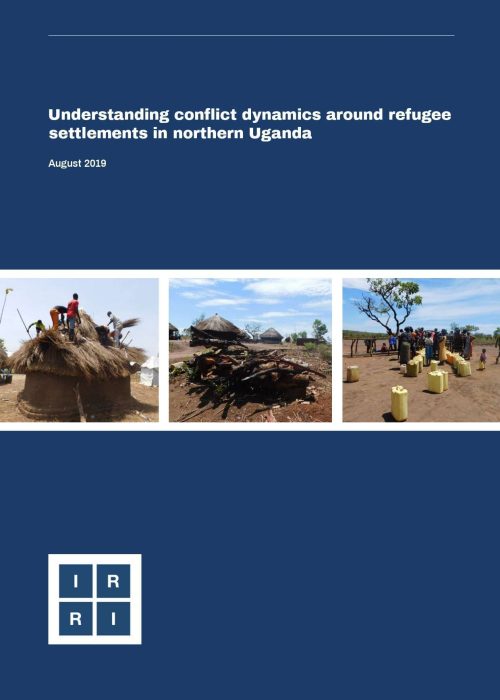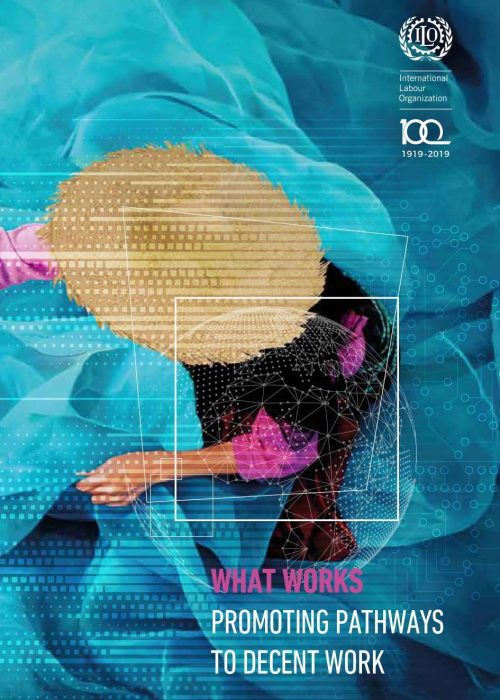Understanding the root causes of displacement is crucial in responding effectively to the needs of displaced people and preventing future crises. The UN Refugee Agency’s annual High Commissioner’s Dialogue on Protection Challenges aims to foster a more nuanced understanding of the drivers of displacement and identify opportunities for cooperation between humanitarian, human rights, and development actors. The current influx of refugees into Europe has highlighted the need to rethink displacement and migration.
The briefing paper emphasizes the importance of addressing the underlying issues that create and sustain displacement, as well as the limits of humanitarian action in protracted displacement situations. It calls for a comprehensive and contextualized analysis of the drivers and triggers of displacement to identify the right leverage points for intervention. The paper also emphasizes the need for accurate and comprehensive data on displacement, as well as political solutions to displacement crises. It suggests capitalizing on the post-2015 global policy agenda to recognize displacement as an issue cutting across multiple global challenges.
The paper argues that a systems approach, which considers the interaction of multiple drivers and triggers, is necessary to understand and address displacement effectively. It highlights the role of various actors, including political actors, development experts, human rights advocates, and data specialists, in addressing displacement and calls for common frameworks, analysis, and coordinated programming. The paper concludes by urging the incorporation of displacement into post-2015 policy frameworks and the need to address the root causes and longer-term impacts of displacement.
